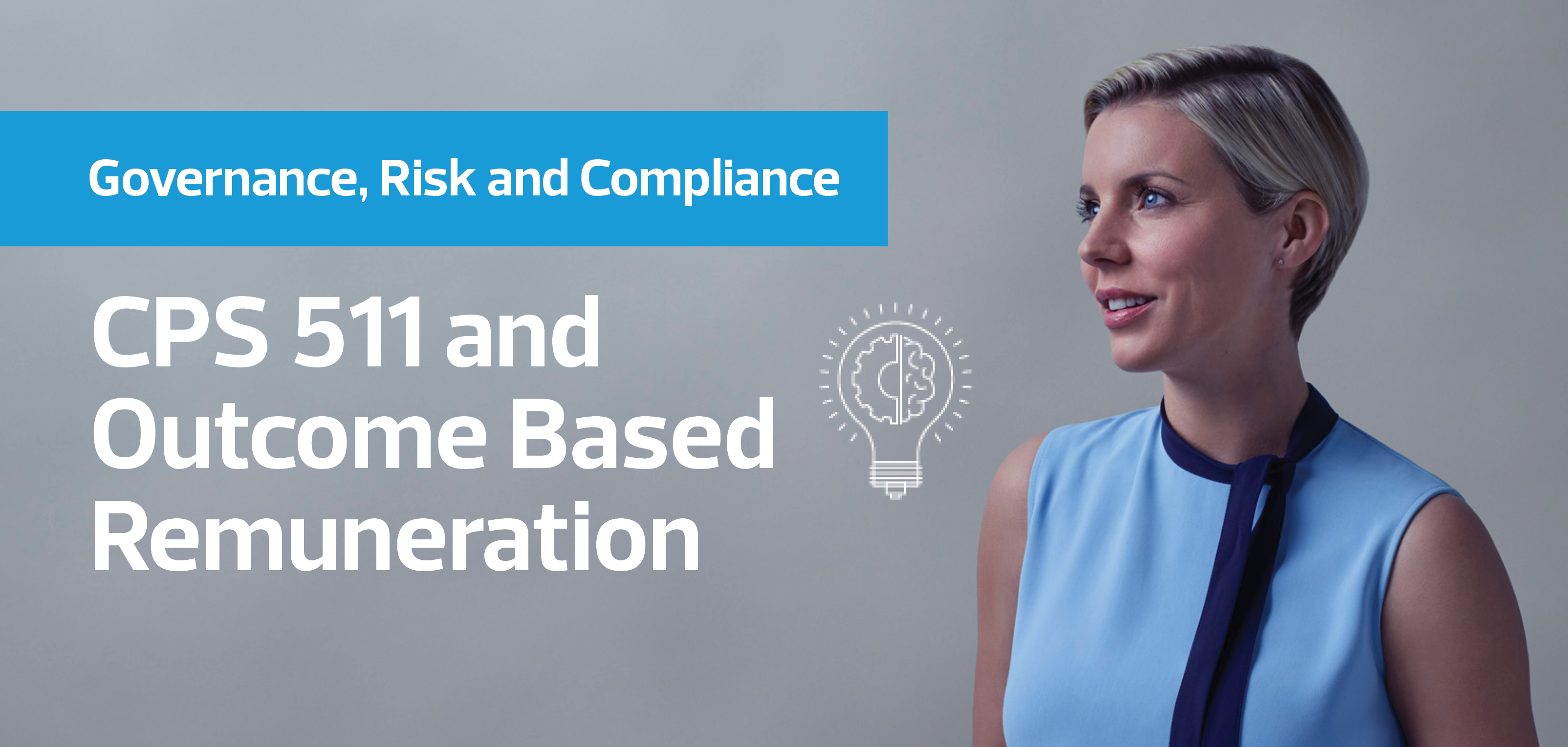
On 23 July 2019, APRA released a discussion paper on the creation of a new prudential standard aimed at clarifying and strengthening remuneration requirements for all APRA-regulated entities.
Draft Prudential Standard CPS 511 Remuneration introduces heightened requirements on entities’ remuneration arrangements in response to evidence that existing frameworks have been a driving factor of poor consumer outcomes.
The objective is to ensure that the remuneration arrangements of all APRA-regulated entities promote effective management of both financial and non-financial risks, sustainable performance and long-term soundness. In addition, for RSE licensees, it is intended to promote the financial interest and reasonable expectations of beneficiaries.
Key requirements are that:
- The Board of an APRA-regulated entity is responsible for the remuneration framework and its effective application;
- An entity must have a remuneration framework which captures all remuneration arrangements;
- An entity must regularly conduct compliance and effectiveness reviews of the entity’s remuneration framework;
- Remuneration outcomes must be commensurate with performance and risk outcomes; and
- Higher standards must be met for key roles and certain large, complex entities.
For the period between the finalisation of the new standard and its effective date, APRA expects that entities will review their existing remuneration frameworks so that any new arrangements and practices are consistent with the spirit and intent of the new standard. APRA will also consider whether appropriate transitional arrangements are needed for any aspects of the new requirements.
The prudential standard will operate alongside and supplement the Banking Executive Accountability Regime (BEAR) requirements for ADIs and any future legislative equivalents for other financial institutions.
 Subject to the outcome of the consultation process, deferral arrangements such as bonus malus set under BEAR would appear likely to require revision. Accountability statements and the accountability map may also require updating if responsibilities change as a result of implementing the new prudential standard.
Subject to the outcome of the consultation process, deferral arrangements such as bonus malus set under BEAR would appear likely to require revision. Accountability statements and the accountability map may also require updating if responsibilities change as a result of implementing the new prudential standard.
For RSE licensees, life and general insurers the potential implementation of both CPS 511 and the (BEAR equivalent) Financial Services Executive Accountability Regime will add complexity to the process of preparing the accountability map, accountability statements and other supporting documentation underpinning the framework.
The draft CPS 511 requires significant changes to remuneration arrangements across APRA-regulated entities.
These include:
- A cap on the use of financial performance measures in variable remuneration arrangements across the regulated group (not only senior executives);
- Minimum deferral periods for variable remuneration components of senior executives employed by 'Significant Financial Institutions', as well as mandated clawback periods (see further detail below);
- Entities will need to demonstrate that their variable remuneration objectives are linked to and are supported by the entity’s risk management framework (financial and non-financial risks), performance management system, code of conduct and consequence management processes; and
- Variable remuneration measurements will need to be reflected in outcomes across the organisation.
CPS 511 is expected to commence on 1 July 2021 (with a deferred commencement date for the private health insurance industry), as such, it is recommended that financial institutions consider designing and implementing an appropriate framework now to support the remuneration review process and documentation policy to substantiate variable remuneration outcomes.
For further information:
Do you have any queries, or alternatively require assistance from our highly experienced Financial Services Risk Advisors? If this is the case, get in touch with your local office or Jeremy Elman.
